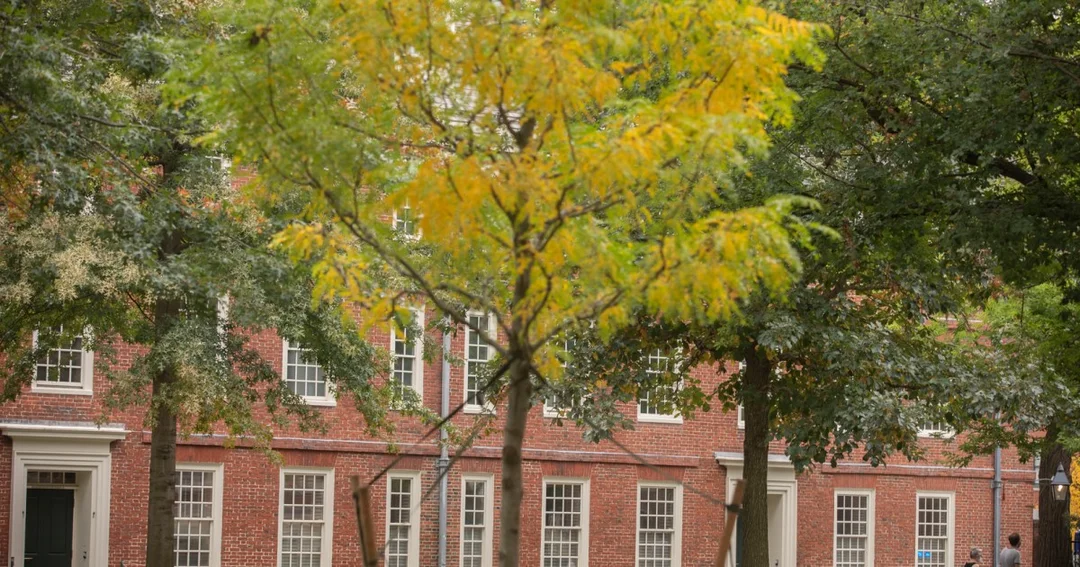
What Does Harvard’s Lawsuit Against the Trump Administration Mean for Higher Education?
In an unprecedented move, Harvard University has filed a lawsuit against the Trump administration, demanding the halt of a federal freeze on over $2.2 billion in educational grants. This legal action, which came to light in mid-April, reflects rising tensions between the federal government and academic institutions concerning freedom of research and institutional independence.
Harvard President Alan Garber stated that the administration’s actions are both illegal and an overreach of governmental authority. Allegations arose after the Trump administration accused some universities, including Harvard, of fostering antif-Semitism amid protests against Israel’s military actions in Gaza. "The Government has not – and cannot – identify any rational connection between antisemitism concerns and the medical, scientific, technological, and other research it has frozen that aims to save American lives," Garber emphasized in the university's formal complaint.

The situation escalated when the Trump administration issued sweeping demands that sought control over various aspects of academic operations. This intervention raises questions about the autonomy of educational institutions and the potential chilling effects on scholarly inquiry. Critics assert that such financial pressures could hinder research advancements crucial for healthcare and technology, while supporters of the administration argue that universities must align with national policies regarding hate speech and bias.
Moreover, the potential freeze on an additional $1 billion in funding and other punitive measures proposed by the federal government have put many researchers on edge. Programs aimed at cancer treatment, infectious disease prediction, and various other critical research areas are at stake, stressing the implications of these actions on public health and welfare.
This clash between Harvard and the Trump administration is not unique; similar disputes have unfolded at other prestigious universities, sparking a national conversation about free speech, governance, and the responsibilities of educational institutions. Tyler Coward, a legal counsel specializing in First Amendment rights, commended Harvard for its bold stance against federal overreach. He remarked, "The Trump administration’s attempt to bypass federal civil rights law sets a dangerous precedent."
Harvard is not remaining passive. In a public letter addressed to the university community, President Garber promised proactive measures against hate while rejecting governmental efforts to dictate university hiring and curriculum. The university plans to reinforce its commitment to diversity, free inquiry, and academic exploration, ensuring that every member of its community feels safe and respected.
As the legal battle unfolds, it poses critical questions for higher education: How should universities balance governmental pressure with academic freedom? What are the broader implications for research funding and institutional integrity? Harvard's lawsuit raises eyebrows and debates across the nation, marking a pivotal moment in the ongoing confrontation between academia and federal authority.
As we watch these developments closely, we invite readers to share their thoughts on the implications of this case. Will it set a new precedent for other universities facing similar challenges, and how will it reshape the academic landscape in the years to come?